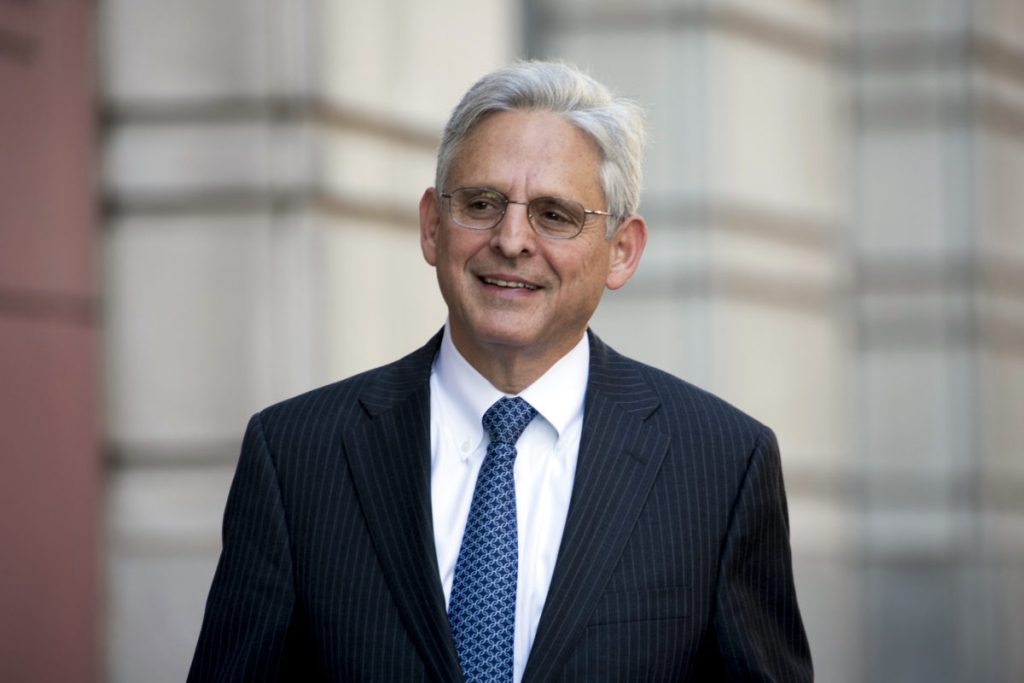Merrick Garland, a longtime federal appeals court judge whose nomination to the Supreme Court Republicans famously refused to consider, was confirmed as President Biden’s attorney general Wednesday.
Senators voted 70-30 to approve Garland’s nomination. He will take over a Justice Department which saw its reputation battered as President Donald Trump sought to use its power to benefit his friends and hurt his enemies, and which is overseeing several high-profile cases that could be politically perilous.
As a judge, Garland earned a reputation as a moderate consensus builder, and Biden selected him because he was viewed as someone who could restore the Justice Department’s credibility and independence from the White House on criminal matters. He enjoyed bi-partisan support. Senate Minority Leader Mitch McConnell (R-Ky.) said before the vote that Garland had a “long reputation as a straight-shooter and legal expert” and that his left-leaning views were “within the legal mainstream.”
[Biden’s Justice Dept. already has split from Trump. Merrick Garland will go even further.]
Garland has vowed to make decisions on criminal matters without regard to politics, and that the agency on his watch will be dedicated to fighting discrimination and domestic terrorism. He has said his first briefing will focus on the investigation into Jan. 6 riot at the Capitol — a sprawling, nationwide case that already has produced charges against roughly 300 people.
Garland will be taking office later than his recent predecessors. Trump’s first attorney general, Jeff Sessions, was confirmed on Feb. 8, 2017, and President Barack Obama’s first attorney general, Eric Holder, was confirmed on Feb. 2, 2009. But their nominations were announced earlier during the presidential transition than Garland’s was.
Even before Garland was in the job, the Justice Department had been steadily rolling back policies adopted during the Trump administration and changing its position in civil cases. But with Garland in place, officials are expected to do even more.
Garland, for example, will have to craft a new criminal charging policy for the Justice Department, after Biden’s acting attorney general, Monty Wilkinson, took what he called the “interim” step of revoking the Trump-era directive that prosecutors should seek the most serious, provable charges.
Garland also will likely have to decide what posture the Justice Department will take on implementing the federal death penalty, which had been paused in the Obama administration but resumed under Trump. Garland has signaled he is open to a pause, and that it would be within Biden’s purview to order as much.
Garland also has suggested he would favor a relaxation of the department’s pursuit of marijuana cases in states where the substance is legal, and has suggested he favors again using court-enforced consent decrees to spur changes at local police departments, a tactic the Trump administration had all but abandoned. Such changes would push the department leftward and likely draw some conservative criticism.
Obama had tapped Garland for the Supreme Court seat in 2016, though Republicans refused even to hold a hearing on the nomination, saying the vacancy left by Justice Antonin Scalia’s sudden death had come too close to the election. When Trump won the election, he tapped Neil M. Gorsuch to fill the seat.



